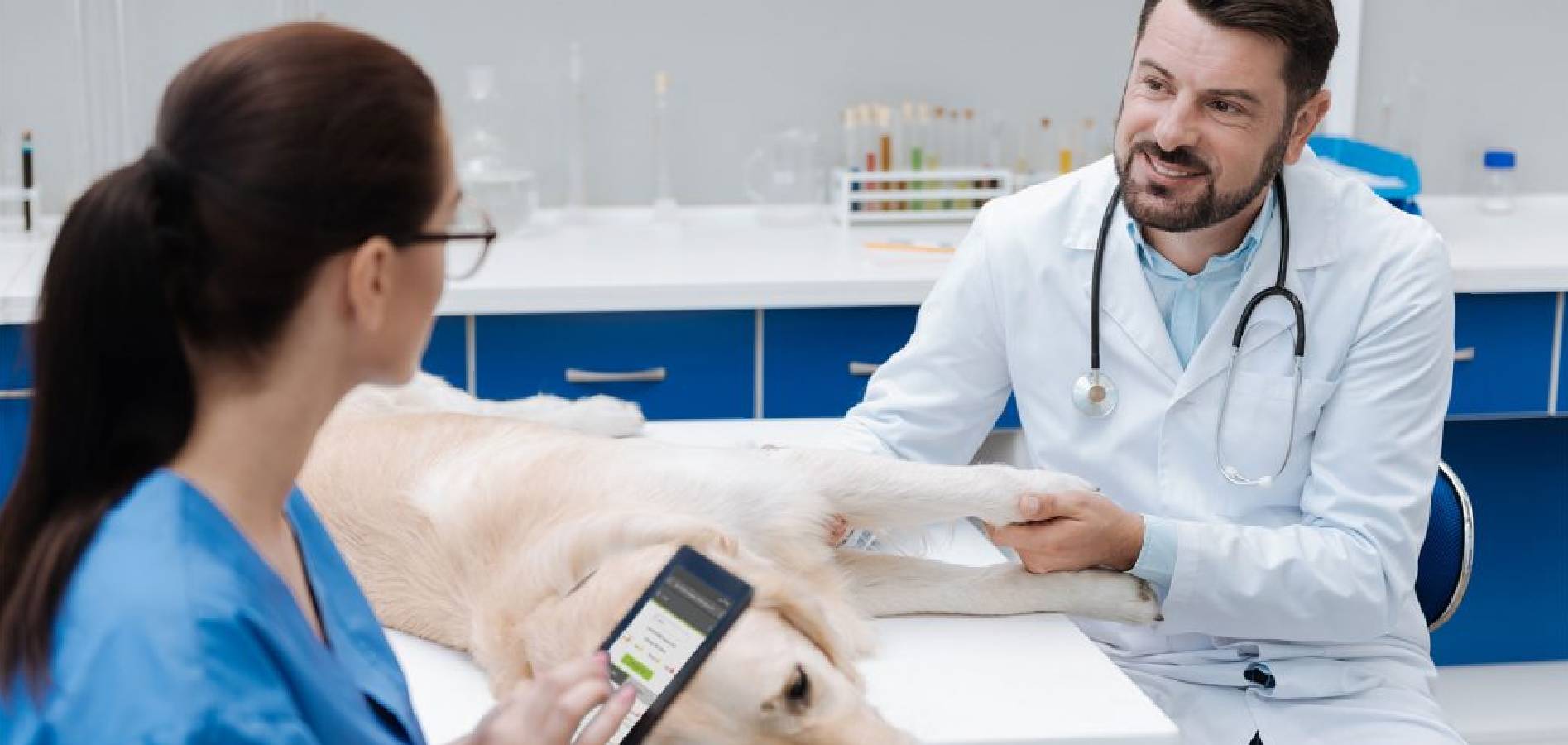Once upon a time, there was a world-wide pandemic, and veterinary medicine as we knew it changed. Suddenly, you were recognized as “essential.” This thing called curbside care appeared out of thin air. And, the struggle to find PPE was real. In some ways your dreams came true. Clients were banned from the building, and you could finally swear out loud (which, let’s face it, was more necessary than ever). Business was booming, because pet owners finally started paying attention to their animals. But the term “short-staffed” took on a whole new meaning, and each and every day, you questioned how you would survive this.
Fast forward four months, and you’re still in the middle of this story, with no end in sight. Sure, you have survived, but at what cost to your sanity? While we might not be able to control the impact this pandemic is having on veterinary medicine, we can each take steps that help us to go beyond survival mode so we can find a way to thrive.
1: Allow yourself to be human
We know that you are secretly a superhero ninja — spinning multiple plates, answering 50 phone lines, and petting a kitten, all at once. But sometimes it’s OK (read: necessary) to take the cape off, and just be a person. Feel your feelings. Be real with your staff. You don’t need to have all the answers. And, chances are, your team will actually appreciate seeing that you, too, experience anxiety and self-doubt during this uncertainty.
2: Focus on what you can control
Contrary to popular belief, there are things that you can control, even on the most out-of-control days. First is your reaction to what is happening. Breathe. Scream in the kennel ward. Have a cry in your car. Then get yourself together with a clear mind, face the task at hand, and enlist the help of others to look for a solution. If there are strong emotions behind your responses, it might be a good idea to table your opinion until you can sit in a more neutral place and communicate your thoughts clearly.
Second is creating a routine. Choose one or two tasks that you absolutely, without question, will get done every day. Preferably first thing in the morning, so you can start the day with some structure. Whether it’s getting a cup of coffee and catching up with your receptionists, updating your inventory in your software, or popping an abscess that just came in—if it sparks joy for you, make it a priority.
3: Practice self-care
You know that “treat yo self” thing that everyone talks about? Yes, that includes you, too. This could mean taking a long lunch break with your spouse, pampering yourself with a face mask when you get home, or—gasp—taking an afternoon off. Caring for yourself is not just hype. It’s crucial. If you are not your best self, you will not be able to help your staff or your patients to your fullest potential. So even if you won’t do it for yourself, do it for others.
4: Uphold your boundaries
Part of self-care includes setting boundaries — with clients, with your team, and even with your practice owner, if needed. Everyone has a limit (part of the “being human” concept previously mentioned), and it’s better that you consider this in advance than when the boundary is crossed and you are at your wit’s end. The world will continue to spin, even if you say “no.” I promise.
5: Remember your “why”
When all else fails, remember why you are doing what you’re doing, and check to ensure you’re still on track. Your “why” is what sets you apart from everyone else. It’s your purpose. It’s what inspires you to take action. And, your “why” is also what inspires others. It’s easy to get distracted from that with all the chaos happening in the world. But without a purpose, you’re just treading water—not actually going anywhere. Take a second to realign your vision and your values, and don’t be afraid to share that with your team as well.
The only remotely positive thing about this pandemic is that we are experiencing it together. Even though we might have different circumstances, risks, and fears, there is a common bond that we share, simply by living on planet Earth through these times. Stress, uncertainty, and a little thing called “imposter syndrome” will undoubtedly try to convince you and your team that things are fractured beyond repair right now. But, maybe the pieces just need to come together in a different way, to create a different picture of veterinary medicine than we could have envisioned before.

Vet2Pet is here to support your hospital and provide digital communication and retention solutions through these uncharted times. Learn how the Vet2Pet platform can help your veterinary hospital thrive — schedule a 30-minute demo.



